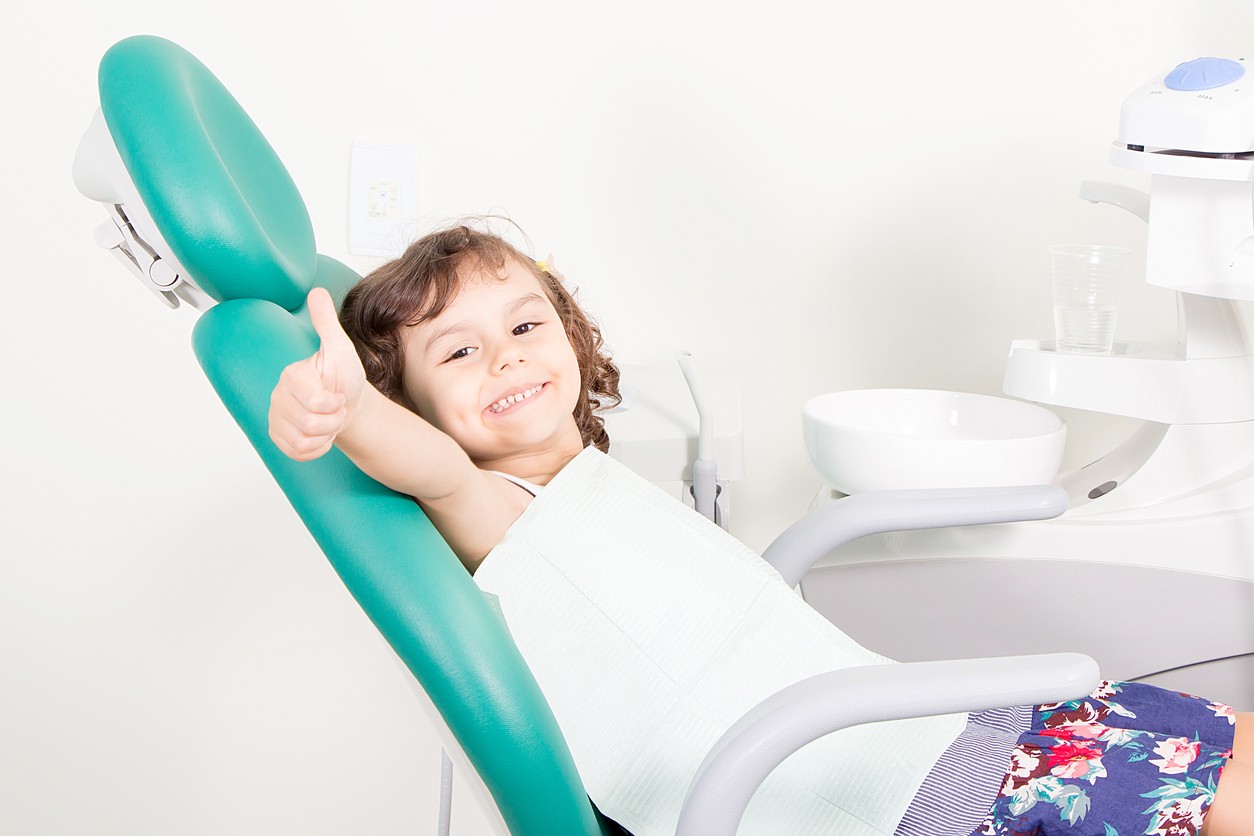We have dentists that speak English, French, Farsi, and Tagalog!

The appearance of your baby’s first tooth is a huge childhood milestone. Besides the cuteness of moving from gummy grins to toothy smiles, baby teeth are essential in directing the development of future adult teeth. However, the eruption of these primary teeth comes with a bit of fussing that parents, especially first-time mothers, need to beware of. From occasional low-grade fever to profound irritability, children experience different symptoms during this developmental milestone.
Here are the top things your pediatric dentist clinic wants you to know about baby teeth as a parent. Book your a checkup for your child today!
Why are Baby Teeth Important
Although the baby teeth, also called primary or milk teeth, will finally shed off, they serve major purposes besides the aesthetics of a sweet smile. These functions include:
Keeping baby teeth healthy through proper dental hygiene and preventative dental care work is crucial in preventing costly oral health issues later in adulthood. Below are facts that pediatric dentist clinics share to help you understand teething and other aspects of your baby’s teeth.
When Does Teething Occur?
Teething refers to the first baby teeth breaking through the gums. It usually occurs between 3-12 months of age, with most tooth eruptions occurring around the sixth month. By age 3, most babies have all their primary teeth, numbering 20.
Signs of Teething
Although the teething experience is unique to every child, certain symptoms often occur during this integral childhood event. Common signs of teething include:
If the pain of teething is taking a toll on your child, you can give them something to chew to help relieve the pressure and reduce the discomfort. A teething rubber ring or a clean washcloth chilled in a refrigerator often suffices for younger children. For those who can chew solid foods, give them chilled foods like apple sauce or yogurt. Contact your pediatric dentist clinic if the symptoms persist or worsen despite the at-home interventions.
Should You Brush Your Child’s Baby Teeth?
Before the primary teeth erupt, wipe the gum with a soft, moist washcloth daily. Immediately the first teeth appear, use a small, soft-bristled toothbrush smeared with pea-sized fluoride toothpaste to brush them gently twice daily. Ensure the baby doesn’t swallow the toothpaste.
Preventing Baby Teeth Cavities
Without proper oral hygiene, baby teeth can also develop dental problems like cavities. When baby teeth have frequent, prolonged contact with excess sugar, they develop Baby Bottle Tooth Decay. Using the bottle as a pacifier or putting the baby to sleep with a bottle are the primary causes of tooth decay in children.
Protect your child against baby bottle tooth decay by putting only water, milk, or formula in the bottle and taking it away when the child falls asleep. Also, limit the amount of juice your child consumes (no more than 6 ounces per day). Do not give juice to a child below six months. Avoid giving your baby unhealthy snacks like candy between meals or dipping pacifiers in sugar to make the child use them for longer.
Watch out for white spots on your baby’s primary teeth and contact your pediatric dentist clinic if any develops, as this is usually the first sign of a dental cavity.
Visiting the Dentist
The Canadian Academy of Pediatric Dentistry recommends making the first dentist visit within six months after the teething or before the baby’s first birthday. With the help of a pediatric dentist, you can keep your baby’s teeth healthy and even guarantee a clean smile in adulthood. Contact your preferred pediatric dentist clinic, Millrise Dental Clinic, for optimal care today.
Millrise Dental Clinic is proud to offer financing options for our patients to help make dental care more accessible for all Canadian families.